LESSON OVERVIEW
This lesson gives students the opportunity to discover some language related to plastic pollution, discuss the problem of plastic waste and reflect on some eco-friendly ways to deal with other types of waste.
C1 / Advanced30 minCritical Reading ClubUnlimited Plan
This is a Critical Reading Club worksheet. With this format, students need to read an online article at home and do the exercises in the classroom. Learn more about how to use such worksheets and their benefits in our post.
ACTIVITIES
Inspired by the article about plastic waste, students discuss how the approach towards plastic has changed in the last 20 years. After the discussion, they focus on seven phrases which include language related to waste. Their task is to complete the missing words in them. The first letters of these words are provided, as well as short definitions of the phrases, to help students guess them. The vocabulary task leads to another discussion about the content of the article as well as different aspects of plastic pollution. Finally, students focus on other types of waste (e.g. wood, cardboard, leather) and continue to practise the new vocabulary. While discussing what can happen and be done with the waste, they need to consider the given circumstances (e.g. it’s biodegradable, it can be incinerated, etc.).
ARTICLE
WORKSHEETS
Subscribe to unlock these and many other Standalone lesson lesson plans with the Unlimited plan
Subscribe
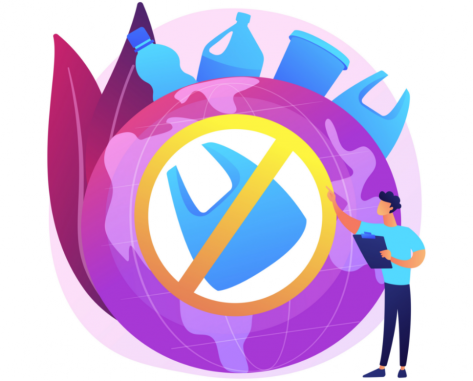



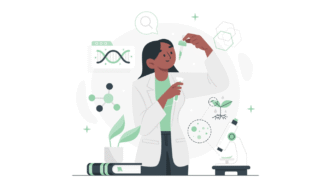




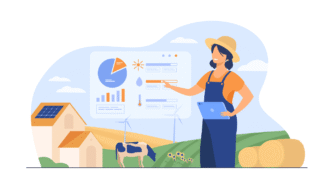
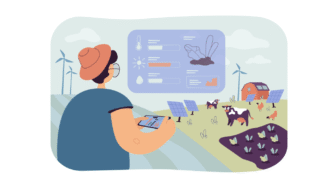
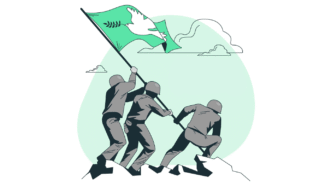

Great lesson plan !
Thanks! Happy to hear you’ve enjoyed it.
The provided link needs the students to sign up first. Some students will not like it.
Hi! It could depend on the country you are trying to access the article from. Unfortunately, in the case of this article, we’re not able to check where the article is available without the need to sign up. The access could also be limited to a certain number of articles in a period of time.
Isn’t the title of this lesson plan a bit weird? What are you trying to say about Asia?
Hi! The title refers to the article and the research discussed there. The research disproved the claim by the Environmental Protection Agency that the top plastic waste-generating country is in Asia. The US generates most plastic waste.
Though the article discusses the blame on Asia, the worksheet’s title is not the article’s title. The worksheet’s article indicates a stereotype and gives the students wrong impressions. I think you should change the title of the worksheet. I feel too uncomfortable to share this with students.
Hi again! You’re right, the title without the context might give people the wrong impression. This is why we’ve changed it to something more general.
Hope you and your students enjoy the lesson 🙂